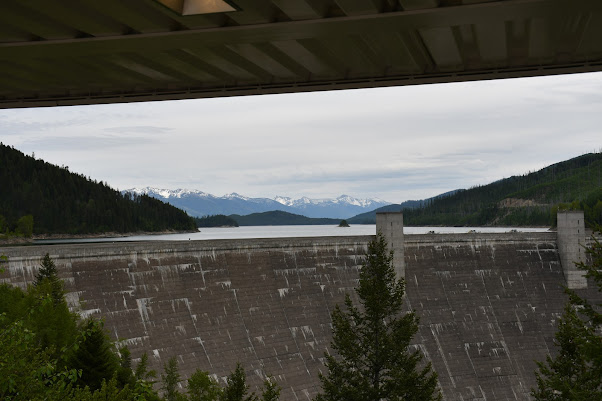What Kind of Mindsets Lead Us Into Traps?

First picture: Morning, Hamilton Ranch (aka Carroll Ranch), Big Hole Valley, Montana Second picture: Beaverslide used for hay. Agriculture is what led into civilization. After quite an interesting last week, I have a better understanding of why so many people fall into the different "traps" and mindsets that we do. Rarely do we see the bars around us (known as wetiko or colonialism ) and as such, we often forget precisely which boundaries are real and set in stone (such as the fact that civilization is unsustainable ), which ones are real and temporary, and which ones are only illusory and imagined. This brings a new aura to the forefront; one which explains why it is so necessary to Live Now . Peter Russell points out one of the big issues surrounding modern humans, looking for external items we think we are missing in our lives. One of my friends, Simon Michaux, just came out with a new video describing precisely where we are with regards to mining and extraction and



